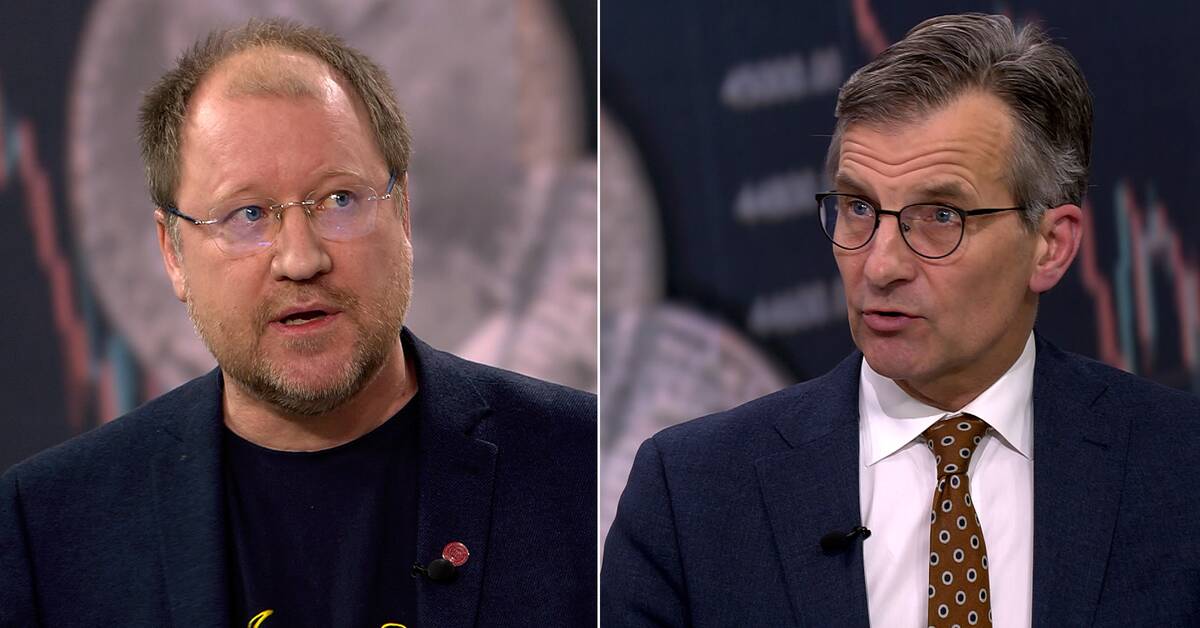The digital currency continues to engage and create debate.
- There is a naive attitude to cryptocurrencies and significant risks, says Erik Thedéen, Director General of the Swedish Financial Supervisory Authority, in SVT's Aktuellt.
- These are very volatile things here, they fall sharply in value and when we thought it would go up, when inflation rises, then bitcoin falls.
Perhaps the most fundamental problem with bitcoin is that there is no established valuation model.
Exactly where this is going is genuinely unclear, he continues.
Anders Ögren is a professor of economic history at Uppsala University and is more positive about the cryptocurrency.
- It is quite difficult historically to say that a currency behaves in a certain way, we have currencies that do not work, both today and historically.
The idea that currency should be something that is issued by the state or not for it to be a currency, I'm not sure, he says.
Would you call bitcoin a currency?
- It has characteristics that make it perhaps not a currency, but on the other hand, there is no contradiction between it being a financial asset and it being a currency.
It is something we have constructed.
The problem with currencies is that there is no definition that says exactly "this is money, this is not money", says Anders Ögren.
The risks do not worry
Anders Ögren is not worried about the risks with the cryptocurrency, such as the fact that it goes up and down sharply.
- It is clear that if you buy bitcoin, you do not do it to make transactions, at least not in Sweden.
However, there are countries that do.
Many countries where you have problems with payment systems and non-functioning currencies, this is a solution, says Anders Ögren.
Whether Sweden will follow Switzerland does not think Erik Thedéen will happen in the near future.
- I do not think that will follow in the sense that we want to change our entire financial system.
In some countries, the financial system is corrupt and non-functioning.
We are not there in Sweden.
On the other hand, we have to accept that this has become an instrument that we trade in and then we have to regulate it so that there are not too great risks.
Not least when it comes to money laundering risks that are significant today, says Erik Thedéen.

